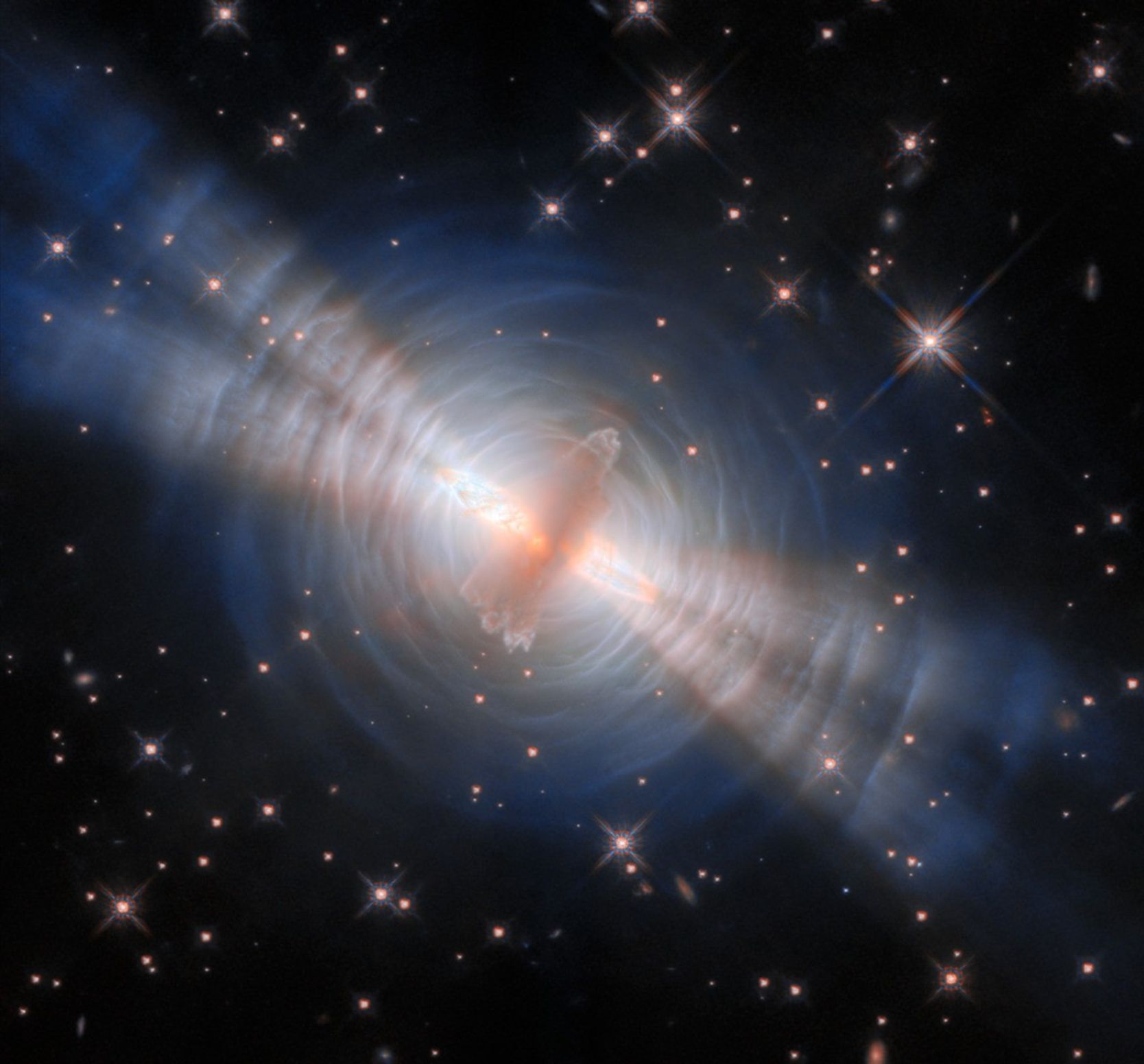RELEASE : 09-120
NASA's Space Shuttle Returns to Earth after Hubble Mission
EDWARDS, Calif. -- Space shuttle Atlantis and its crew landed at 8:39 a.m. PDT Sunday at Edwards Air Force Base, Calif., completing the final servicing mission to the Hubble Space Telescope. Atlantis' astronauts conducted five successful spacewalks during their STS-125 flight to enhance and extend the life of the orbiting observatory.
"This mission highlights what the challenges of spaceflight can bring out in human beings," said Bill Gerstenmaier, associate administrator for Space Operations at NASA Headquarters in Washington. "This mission required the absolute best from the shuttle team, the Hubble science and repair teams, and the crew. The results are a tribute to the entire team and the years of preparation."
Atlantis' nearly 13-day mission of almost 5.3 million miles rejuvenated Hubble with state-of-the-art science instruments designed to improve the telescope's discovery capabilities by as much as 70 times, while extending its lifetime through at least 2014.
"This is not the end of the story but the beginning of another chapter of discovery by Hubble," said Ed Weiler, associate administrator for Science at NASA Headquarters. "Hubble will be more powerful than ever, continue to surprise, enlighten, and inspire us all and pave the way for the next generation of observatories."
Scott Altman commanded the shuttle flight and was joined by Pilot Gregory C. Johnson and Mission Specialists Megan McArthur, John Grunsfeld, Mike Massimino, Andrew Feustel and Michael Good. McArthur served as the flight engineer and lead for robotic arm operations, while the remaining mission specialists paired up for challenging spacewalks on Hubble.
Weather concerns prevented the crew from returning to NASA's Kennedy Space Center in Florida, the primary end-of-mission landing site. In seven to 10 days, Atlantis will be transported approximately 2,500 miles from California to Florida on the back of a modified 747 jumbo jet. Once at Kennedy, the shuttle will be separated from the aircraft to begin processing for its next flight, targeted for November 2009.
The STS-125 mission was the 126th shuttle flight, the 30th for Atlantis and the second of five planned for 2009. Hubble was delivered to space on April 24, 1990, on the STS-31 mission. Atlantis' landing at Edwards was the 53rd shuttle landing to occur at the desert air base.
Hubble has enabled a number of ground-breaking discoveries during its time in orbit. They include determining the age of the universe to be 13.7 billion years; finding that virtually all major galaxies have black holes at their center; discovering that the process of planetary formation is relatively common; detecting the first-ever organic molecule in the atmosphere of a planet orbiting another star; and providing evidence the expansion of the universe is accelerating because of an unknown force that makes up approximately 72 percent of the matter-energy content in the universe.
With Atlantis and its crew safely home, the focus will shift to the launch of STS-127, targeted for June 13. Endeavour's 16-day flight will deliver a new station crew member and complete construction of the Japan Aerospace Exploration Agency's Kibo laboratory. Astronauts will attach a platform to the outside of the Japanese module that will serve as a type of "back porch" for experiments that require direct exposure to space.
For information about NASA's Hubble Space Telescope, visit:
For more about the STS-125 mission and the upcoming STS-127 flight, visit:
- end -
text-only version of this release
NASA press releases and other information are available automatically by sending a blank e-mail message to hqnews-subscribe@mediaservices.nasa.gov. To unsubscribe from this mailing list, send a blank e-mail message to hqnews-unsubscribe@mediaservices.nasa.gov.































